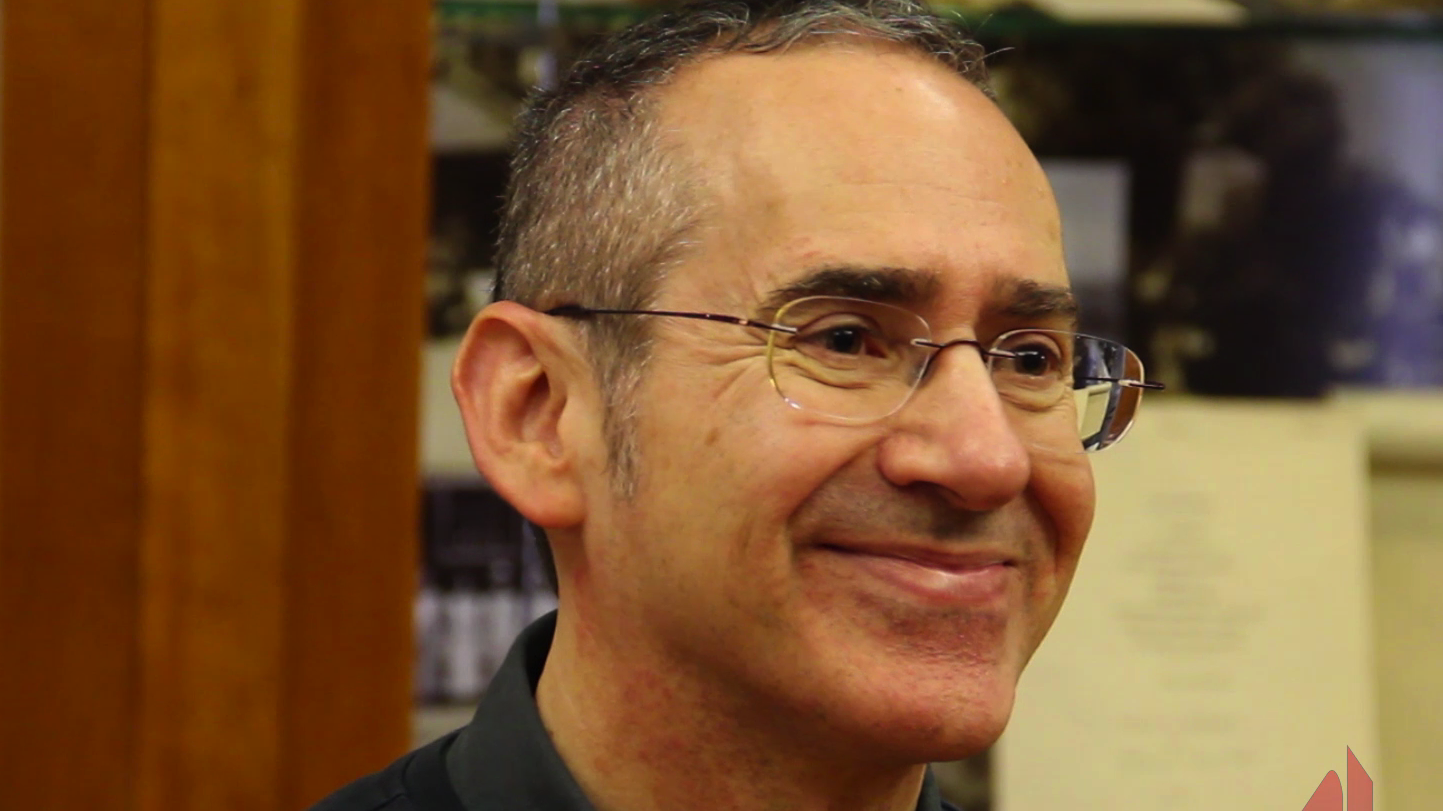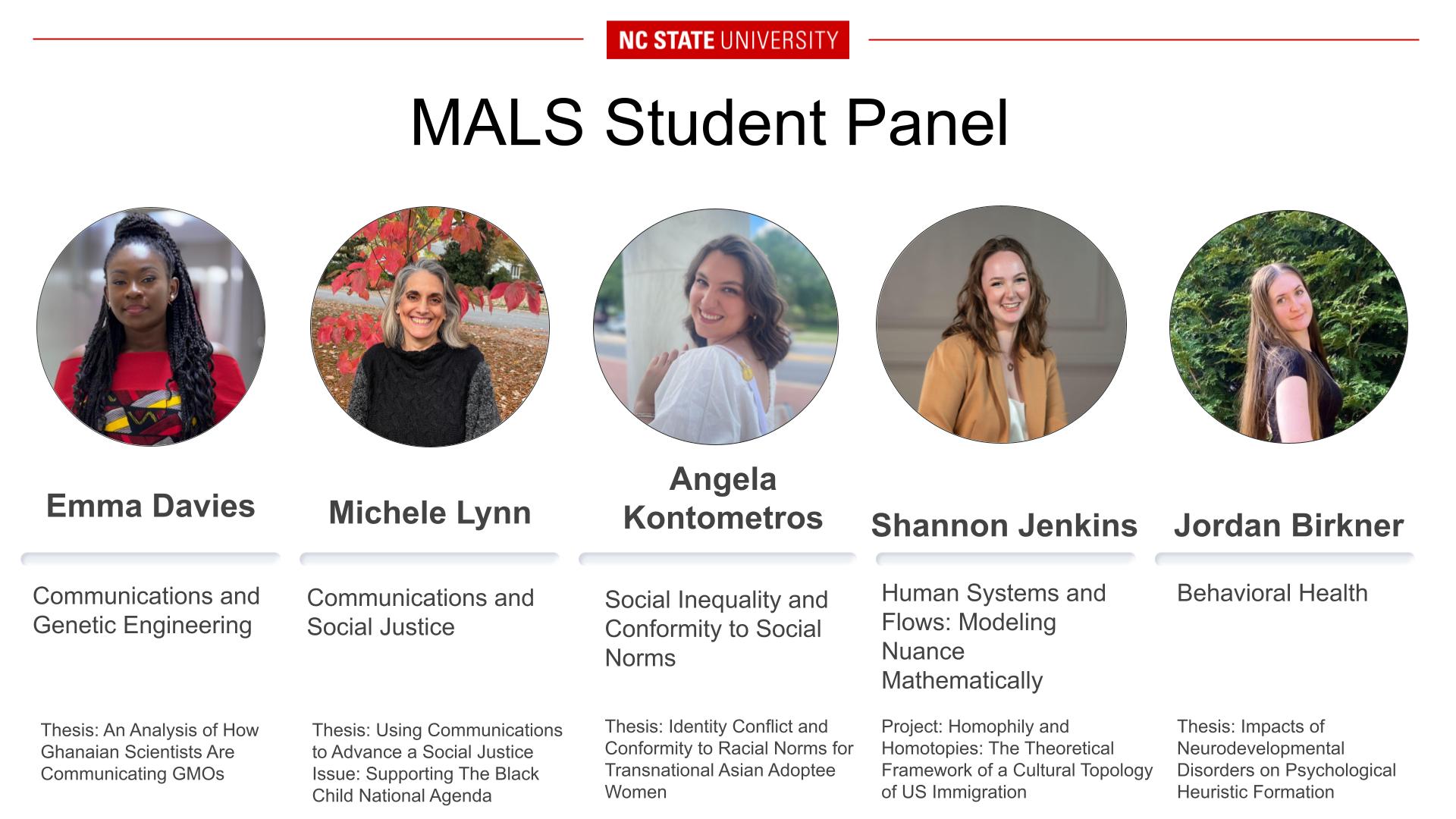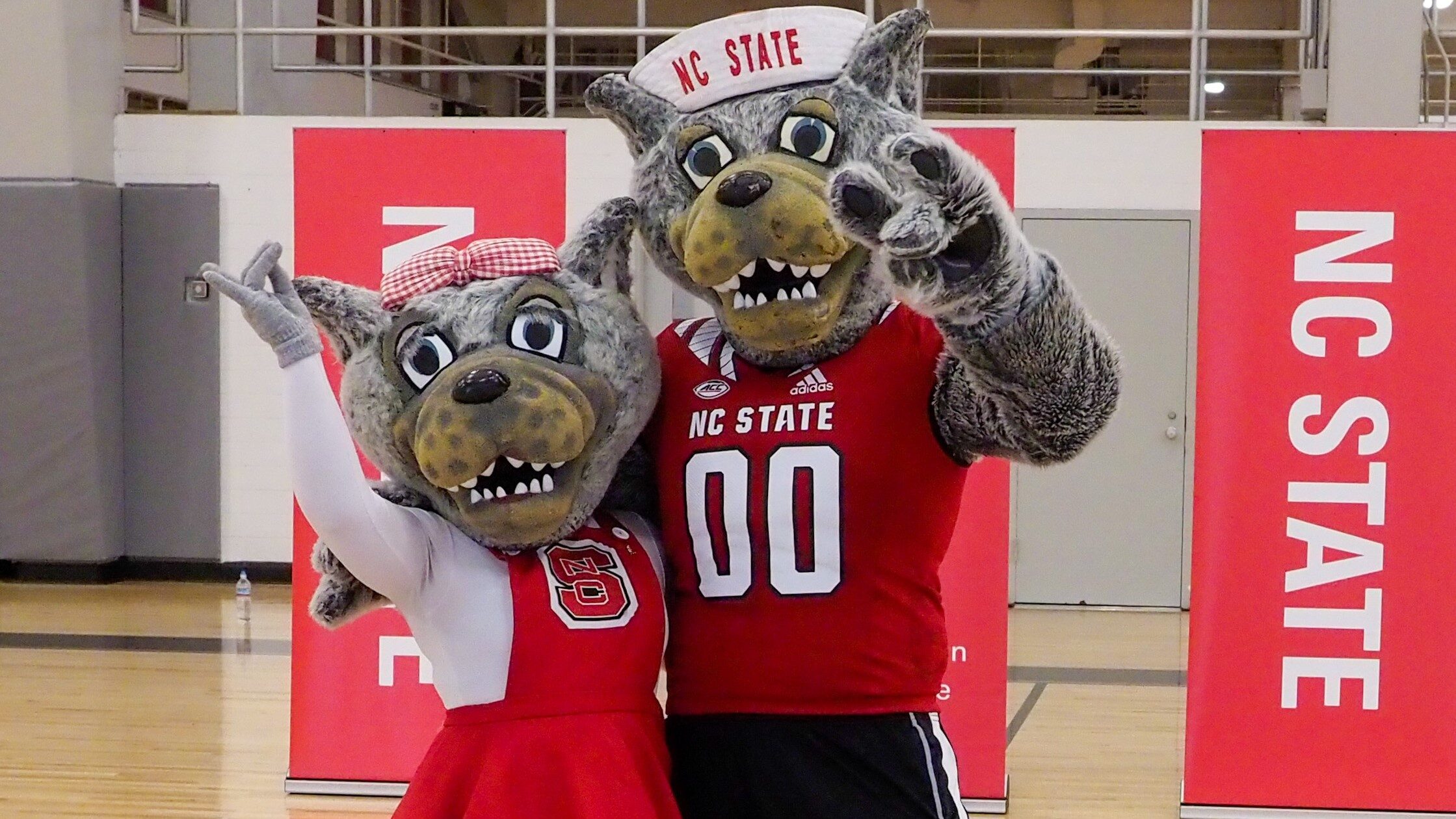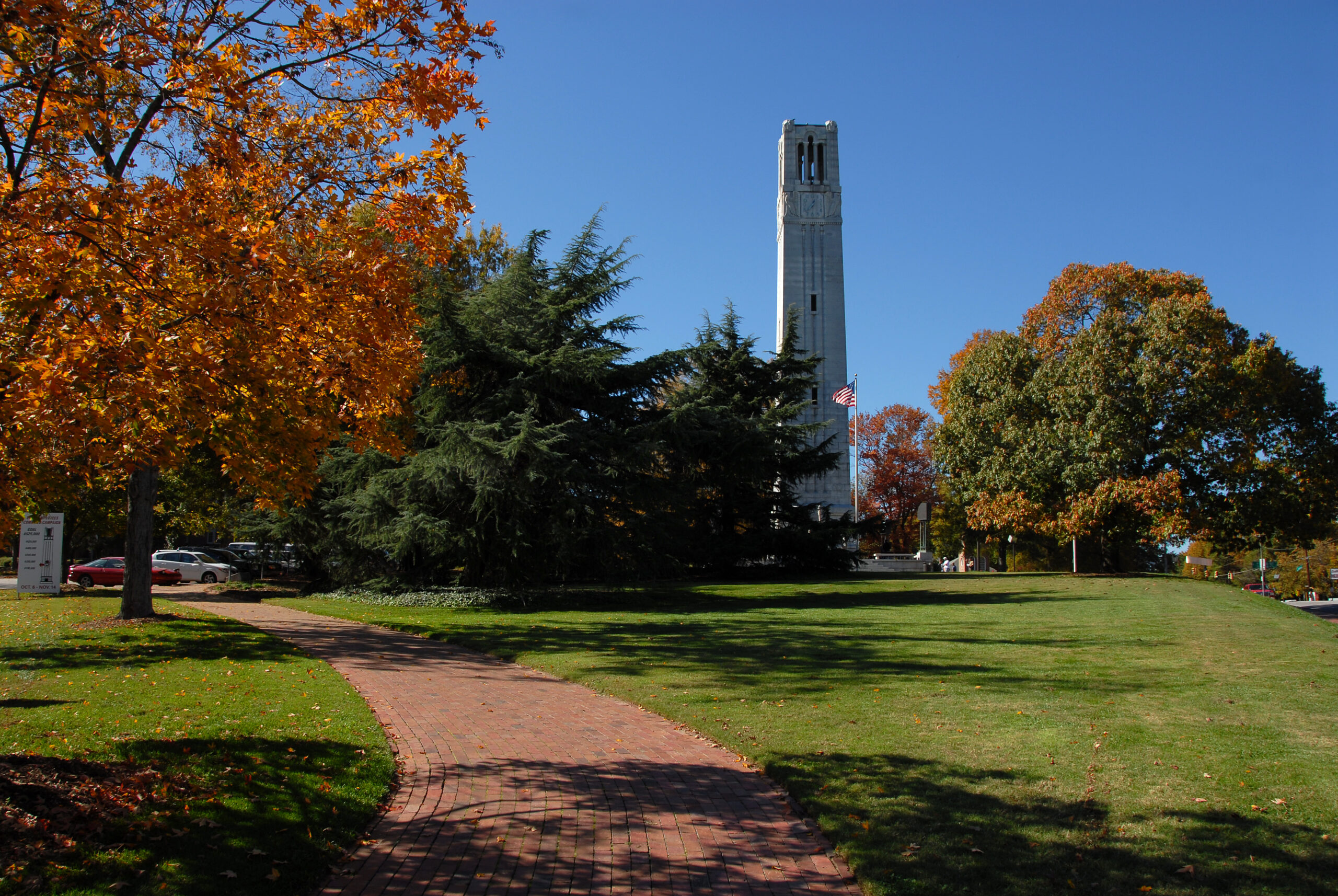MALS Faculty Spotlight: Jordi Mari

Tell us about yourself! Where are you from? What brought you to North Carolina/NC State?
I am a native of Barcelona, Spain and lived there until the late 1980s, when I came to the United States to work as a bilingual teacher. I spent a few years in Los Angeles, California, then in upstate New York, and since 1997 I have been a resident of beautiful North Carolina.
What is your academic and/or professional background?
After obtaining a B.A. in History of Art and graduate teaching certificates in History and English, respectively, from the University of Barcelona, I came to the US to work as a bilingual teacher for the public school system in Los Angeles. While in California, I obtained a M.A. in Spanish Literature and Linguistics from California State University, Los Angeles and then moved to Ithaca, NY to pursue my Ph.D. at Cornell University. Right out of Cornell, I was hired by NC State University as an assistant professor of Spanish; I was eventually promoted to the rank of associate and finally full professor. I have also taught at the Université Lumière-Lyon 2 (Lyon, France) and at Duke University. My academic background includes language teaching, contemporary Spanish literature, film, and cultural studies, and, in recent years, socio-environmental cultural studies. My publications have encompassed a broad range of areas: my monograph, Lecturas espectaculares (2003), explores the presence of film in the contemporary Spanish novel, while my edited volumes, Ventanas sobre el Atlántico (2011) and Tracing the Borders of Spanish Horror (2017), study the political, artistic and cultural interactions between Spain and the United States and the current boom of Spanish horror cinema, respectively. I have also published numerous articles and book chapters on Spanish film, music, migration, race, gender, and socio-environmental studies, among other topics.
What brought you to your field of study? When/Why did you become interested in your area of study/research?
It goes a long way back … My father was a medical doctor and a scholar–a historian of science and a university professor; I grew up surrounded by books, a love of knowledge, and an appreciation for critical thinking. From a very young age I developed a fascination for history, literature, music, cinema, and the arts. So when it came to choosing a career it was an easy decision for me to go for teaching and research in the humanities. More specifically, I decided to become a cultural scholar because cultural studies allowed me to go beyond the constraints of a single discipline and to explore the interconnectedness of a broad range of cultural phenomena. I had a life-long preoccupation with the environment, so at some point I decided to delve deeper into the field of environmental studies and see what contributions I could make as a humanist, a cultural scholar, and an educator. Now I consider myself primarily a socio-environmental cultural scholar, something that gets equally reflected on my research, my teaching, and my activism outside of academia.
What is your experience with the MALS program? What attracts you about the MALS program and teaching an interdisciplinary course? What do you feel the importance of interdisciplinarity is?
I have taught MALS seminars on a wide variety of subjects, ranging from the Politics, Literature, and Art of the Spanish Civil War to Horror and Humor in the contemporary Western World, as well as Environmental Humanities and the Anthropocene; I have also participated in several MALS student projects over the years. My involvement with the MALS program has allowed me to broaden the scope of topics, texts, and approaches of my courses beyond the constraints of my usual Spanish and Film Studies seminars–even the most historically specific of my MALS seminars, the one on the Spanish Civil War, inserted the Spanish conflict in the broader geopolitical context of the 1930s and considered a range of literary, cinematic, artistic as well as social and cultural questions that made it intensely interdisciplinary. As a cultural scholar, I have always been intrigued by the spaces between the disciplines. Those in-between spaces often provoke original questions and promote innovative ideas; interdisciplinary dialogues and interactions help articulate a wider, and also deeper, exploration of the world and can lead to a more complete appreciation of its complexities.
Tell us about your current research and academic pursuits. Are there any recent accomplishments we can share?
I consider every class I teach, every essay I write, and every presentation I give to be an accomplishment; I put a lot of work, love, and dedication into each of them and like to believe they will make a difference, however small, in the world. But just to give a more specific answer, I will say that my recent research on socio-environmental cultural studies, which so far has produced a bunch of scholarly as well as more mainstream articles, book chapters, and presentations, may be the most personal and incisive work that I have done in my career; likewise, I am very devoted to my current book-length project on eco-pedagogy, film, and Iberian socio-environmental studies. As far as recent specific accomplishments in teaching, last year I was awarded both the Alumni Association Outstanding Teaching Award and the University Outstanding Teacher Award, which are the two highest teaching distinctions awarded by North Carolina State University. I am also proud of the Lonnie and Carol Poole Award for Excellence in Teaching that I obtained four or five years ago.
- Categories:


